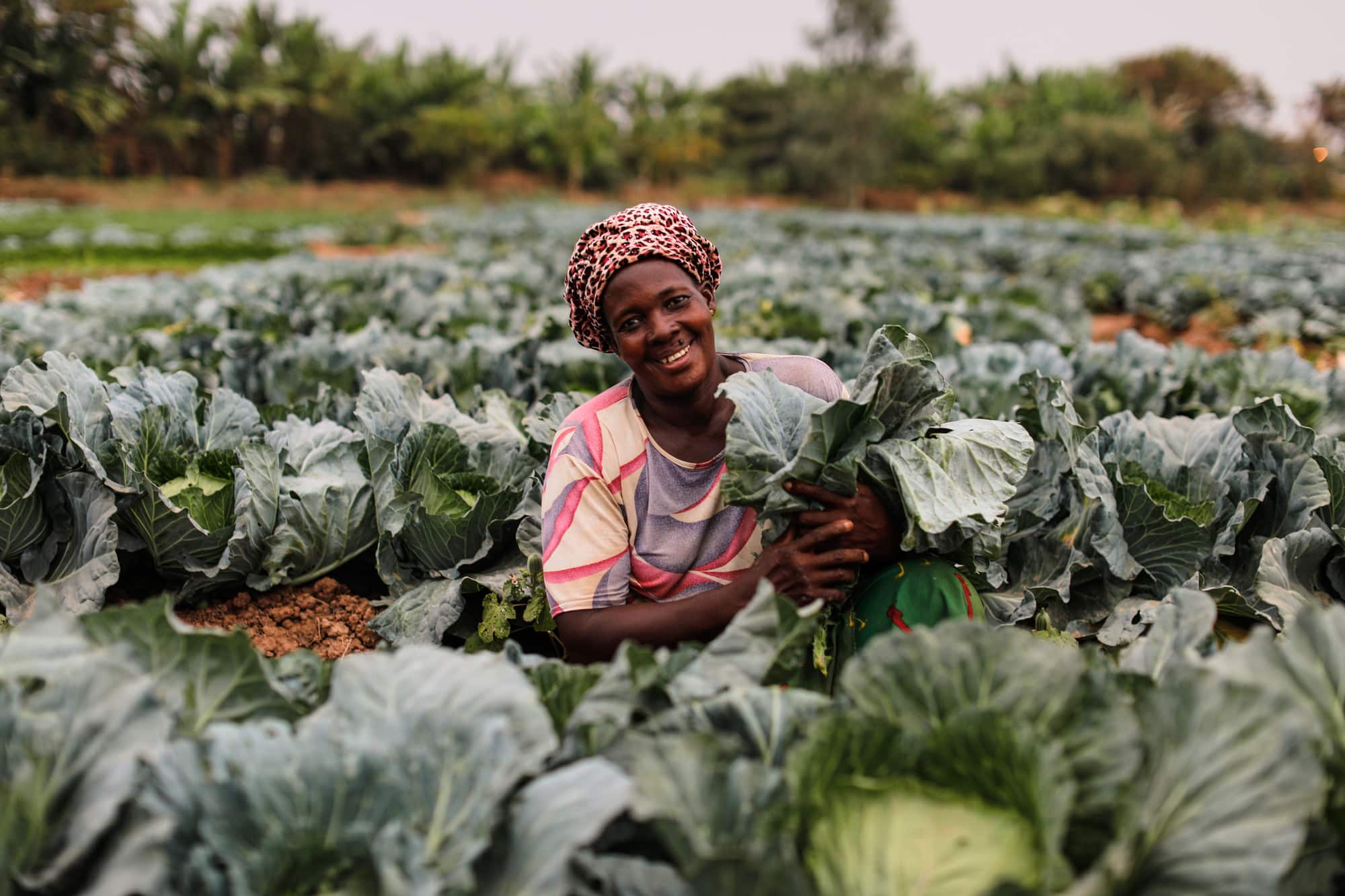Policy Brief on Gender Integration in NDC 3.0: Progress, Gaps, & Path Forward
EXECUTIVE SUMMARY
The third generation of Nationally Determined Contributions (NDC 3.0) marks a pivotal moment for advancing gender-responsive climate action. This policy brief presents an analysis of NDC 3.0 submissions from 36 countries submitted between December 2024 and September 16, 2025 (Cut-off date), revealing a landscape marked by both notable progress and persistent gaps. This assessment builds on baseline recommendations set out in CARE’s 2021 NDC Report Card1, providing a timely evaluation of how gender considerations are being integrated four years later.
Key Findings on Gender Integration
A comprehensive review of the NDC 3.0 submissions highlights a mixed picture of gender integration:
- Quantitative Progress
About 58% of NDC 3.0 submissions (21 out of 36 countries) show some degree of gender integration. This represents a modest improvement compared to 2021, when only 45% of NDCs meaningfully addressed gender issues. Progress in gender references has increased from 45% in 2021 to 61% in NDC 3.0, showing growing awareness of gender-climate linkages. - Quality Concerns
Only eight countries (22%) demonstrate comprehensive integration of gender considerations across governance, planning, and implementation frameworks. This falls short of the level needed to fulfil the objectives of the Enhanced Lima Work Programme on Gender and its Gender Action Plan. This means 78% of countries still lack the thorough integration necessary for meaningful impact—representing not merely a policy shortcoming but a fundamental failure to harness the full potential of humanity in addressing our greatest collective challenge in a manner that is effective, inclusive, and rooted in reality. - Regional Disparities
The analysis reveals stark regional differences in commitment to gender integration. Small Island Developing States continue to lead in this area, with 86% including gender considerations. In contrast, major emitting countries exhibit significant gaps. Of the developed country Parties that submitted their NDC within our cut-off time of September 16th (United States, Japan, Canada, United Kingdom), only Canada demonstrates comprehensive gender mainstreaming. While there is an improvement in the NDCs that reference gender, only 19% demonstrate the comprehensive integration necessary for meaningful impact. This gap between rhetoric and implementation represents not merely a policy shortcoming but a fundamental failure to harness the full potential of humanity in addressing our greatest collective challenge in a manner that is effective, inclusive, and rooted in reality. The consequences of this failure extend far beyond abstract policy considerations, affecting the lives and livelihoods of billions of people, particularly the women who constitute half the world’s population yet remain systematically excluded from climate decision-making processes.
Gender Integration in NDC 3.0: Progress, Gaps, & Path Forward
Policy Brief (November 2025)
